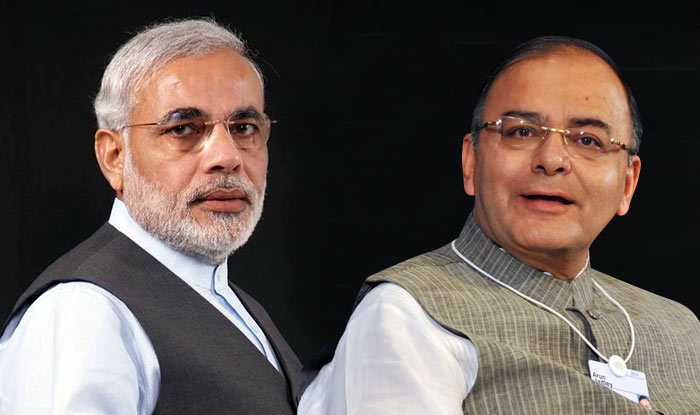GST is most comprehensive indirect tax reform in the country since the independence but the government and economists agree that it is not a perfect system. Some changes will always be needed in GST law to keep it relevant to the needs of business community. The government is set to table amendments to goods and service tax laws in the monsoon session of Parliament to simplify GST return filings and modify the composition scheme. “There are several amendments to the GST which is proposed to come up during the Monsoon Session of Parliament,” said GST Council special secretary Arun Goyal. The composition scheme is a simple and easy step under GST for small taxpayers who can get rid of tedious GST formalities and pay GST at a fixed rate of turnover.
Earlier, GST returns filing was complicated consisting of three types called GSTR-1, GSTR-2, GSTR-3. Now through the amendments in GST law, the government will create a single tax return filing for all goods and services transactions. The government will also modify the composition scheme where small businesses need to file quarterly returns. The changes in composition scheme were needed because there has been many instances of tax evasion wherein large registered buyers pay tax on behalf of small unregistered sellers. Earlier, the government was focusing on changing the tax rates but now the focus has changed to make the returns simple and broadening the compliance base.
The reason behind the change in plan may be because in recent months the average GST collection has declined despite the fact that the number of filings has gone up. Many household goods were brought to a lower tax rate of zero percent or 5 percent at the beginning of this year that’s why the average tax collection has gone down. Now the government is making efforts to bring more taxes to its coffers because they want to meet their fiscal deficit target which were looking a bit difficult given the rising oil prices. The RBI has increased the policy repo rate by 0.25 basis points in its latest bimonthly monetary policy review in June which in turn will make government borrowings from the market costlier. Therefore, to reach its fiscal deficit target the government has broadened its tax base and has kept the rates unchanged. Modi government has a conservative stance on the fiscal deficit since coming to power which helped to bring macroeconomic stability in the country and made it an attractive investment destination.
The single indirect tax regime brought by Modi government has revolutionized the taxation system in the country. It transformed India in a single market without any discrimination to people living in any part of the country. The reform was hailed by national and international organizations as most important step taken for economic transformation of the country since the liberalization in 1991. On the upcoming changes in GST, M.S. Mani, a partner at Deloitte India said, “Several amendments including those that will simplify GST compliance and improve ease of doing business, are expected to be taken up in the monsoon session.” An official in the ministry confirmed that the government has shifted the focus on broadening the tax base “Now the focus is on ensuring timely disbursal of tax refunds and encouraging compliance,” said the official.
